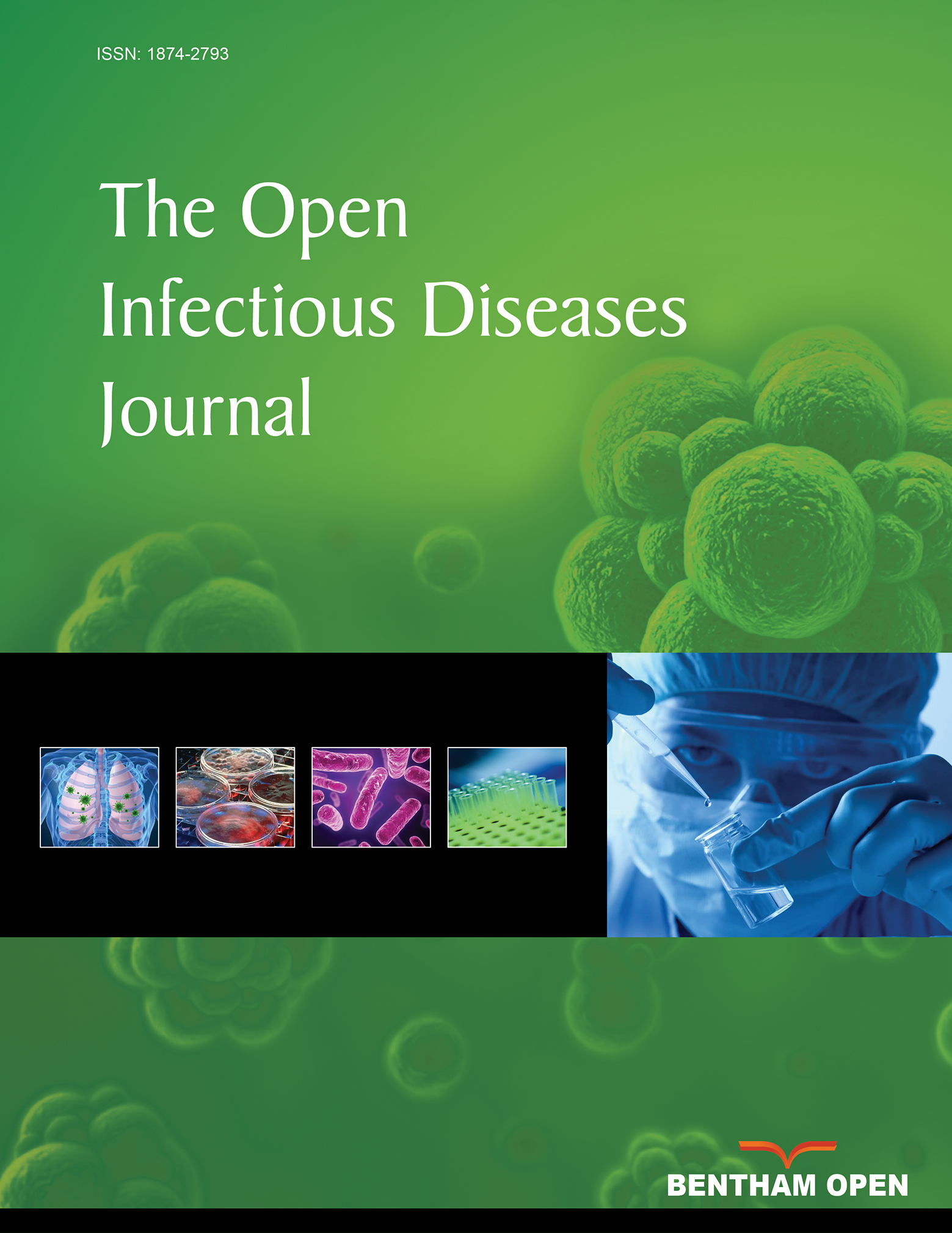All published articles of this journal are available on ScienceDirect.
Antimicrobial Susceptibility Patterns of Coryneform Bacteria Isolated from Semen
Abstract
Background:
The susceptibility of coryneform bacteria has been studied mostly in invasive pathogens, less data are available concerning the mucosal or physiological fluid strains. At the same time they can serve as the source of various infections, besides the invasive infections also the local ones, for example, coryneforms of male genital tract have been associated with inflammatory prostatitis.
Material and Methods:
A total of 62 coryneform isolates from human semen were tested for susceptibility to eight antimicrobial agents using the E test method.
Results:
All strains were susceptible to ampicillin-sulbactam and only a few were resistant to penicillin G and TMP/SMX while nearly one third of strains were resistant or intermediate to doxycycline (35%) and norfloxacin (29%), and more than half to clindamycin (63%), nitrofurantoin (62%) and erythromycin (53%). The strains showing resistance to at least 3 antimicrobials belonged to Corynebacterium group F1, Corynebacterium seminale and Cellulomonas/Microbacterium sp. A distinct co-occurring macrolide and lincosamine resistance pattern was common.
Conclusion:
Ampicillin-sulbactam, penicillin G and TMP/SMX revealed the highest activity against coryneforms isolated from semen that were frequently resistant or intermediate to several other antimicrobials. Norfloxacin revealed only moderate activity against prostatitis-associated Corynebacterium group G.


